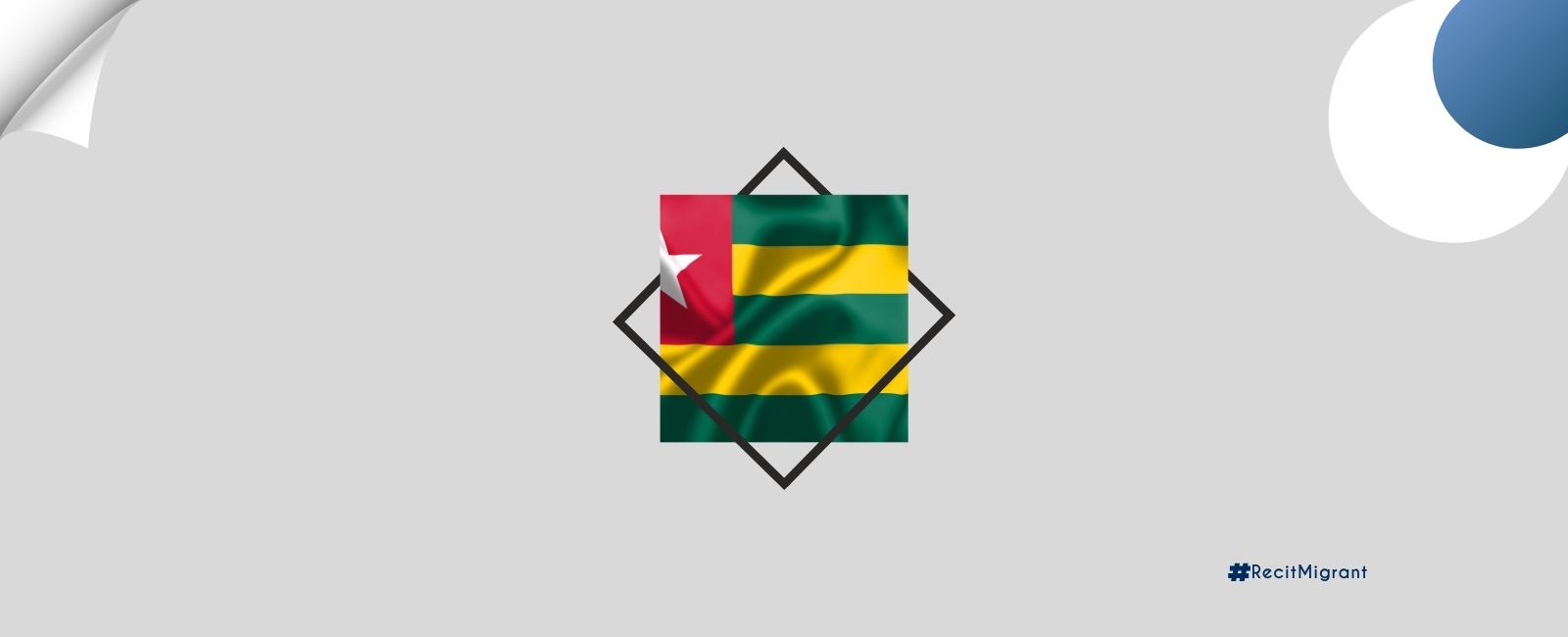

In Togolese and West African public debate, terms such as ‘migrant’, ‘refugee’, ‘displaced person’ and ‘mobile person’ are often misused, leading to confusion. Yet these terms refer to very different legal, social and human realities. The following text clarifies these concepts by combining international definitions with the Togolese context.
Mobile person:
A mobile person is someone who moves either within their own country or across borders for various reasons, such as seeking work or education, family reunification, or fleeing a crisis or forced displacement. While this term does not constitute a legal status in itself, it encompasses all categories of human mobility. The key issue is recognising the applicable rights and protections in these different situations.
Refugees: The Togolese Case
According to the 1951 Geneva Convention, a refugee is someone who is outside their country of nationality and unable or unwilling to seek its protection due to a well-founded fear of persecution based on their race, religion, nationality, membership of a particular social group or political opinion.
As of 31 December 2024, Togo hosted 48,762 refugees and asylum seekers from 27 different countries, according to the National Coordination for Refugee Assistance (CNAR).
According to the Emergency Programme for Resilience and Security (PURS) report, monitored by the United Nations High Commissioner for Refugees (UNHCR), Togo was hosting 49,288 refugees and asylum seekers by May 2025.
These refugees enjoy a number of rights recognised in Togo, including protection and access to humanitarian aid and shelter. In some cases, they also have access to services through programmes such as the Gulf of Guinea Northern Regions Social Cohesion Project for Togo (COSO) and the Emergency Programme for Strengthening Community Resilience and Security (PURS).
Internally displaced person in Togo
An internally displaced person (IDP) is someone who has been forced to flee their home due to conflict, a natural disaster or another crisis, yet remains within their own country’s borders. Although IDPs retain their rights as citizens or national residents, they may be vulnerable to the loss of housing, access to healthcare and other essential services.
According to the PURS programme report in May 2025, of the displaced persons in Togo, 10,171 were IDPs, while the remainder were refugees and asylum seekers from other countries.
IDPs often originate from border regions exposed to insecurity; for example, people may flee violence in the Sahel or armed attacks in northern Togo.
Regular vs. irregular migrant:
The term ‘migrant’ refers to people who are moving for reasons such as work, education, family reunification or other economic or social factors. Some migrants are in a regular situation, holding a visa or residence permit, while others are in an irregular situation, lacking legal documentation or having an expired visa.
This status can significantly impact access to rights such as healthcare, public services, employment and housing.
Why clarify these statuses in Togo?
Social Policy & Health: Adapting services to needs (medical care, health insurance and assistance) requires an understanding of which status applies to whom.
Legal protection: Although refugees and asylum seekers in Togo have access to certain protection structures, such as the CNAR and asylum procedures, irregular migrants often remain marginalised.
Resources and support: Humanitarian and development programmes (PURS and COSO) allocate funds based on reliable figures for refugees and internally displaced persons. Recognising mobile persons who are not yet covered allows more effective inclusive policies to be targeted at them effectively.
In Togo, as in many other places, the terms ‘refugee’, ‘internally displaced person’ and ‘migrant’ are not just words; they determine rights, protections and access to essential services. Recent statistics and existing structures, when considered alongside international concepts and the local reality, make it clear that there is an urgent need to strengthen laws and practices so that every mobile person can enjoy their full human dignity.


